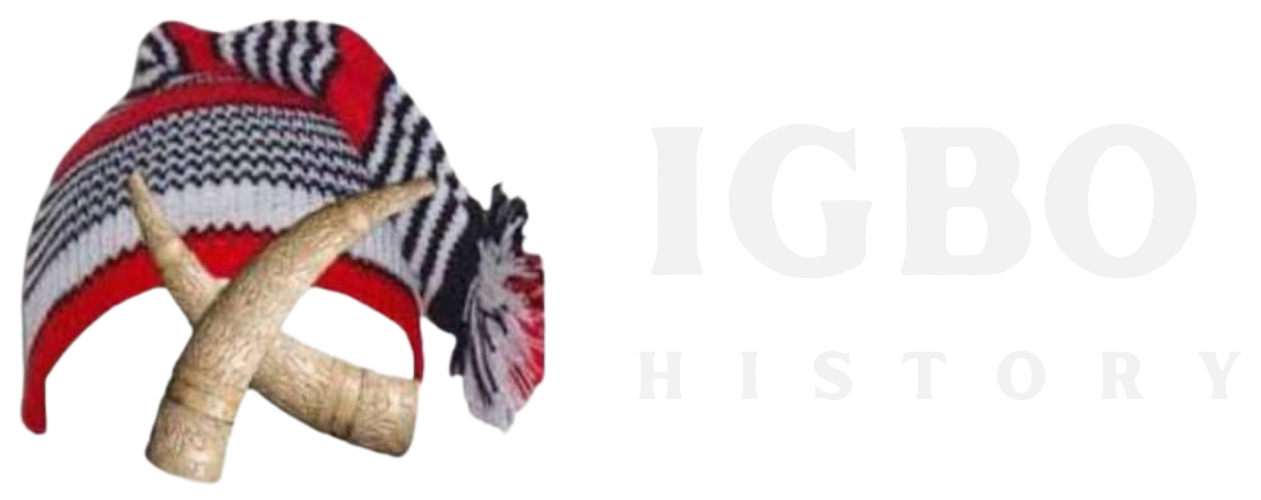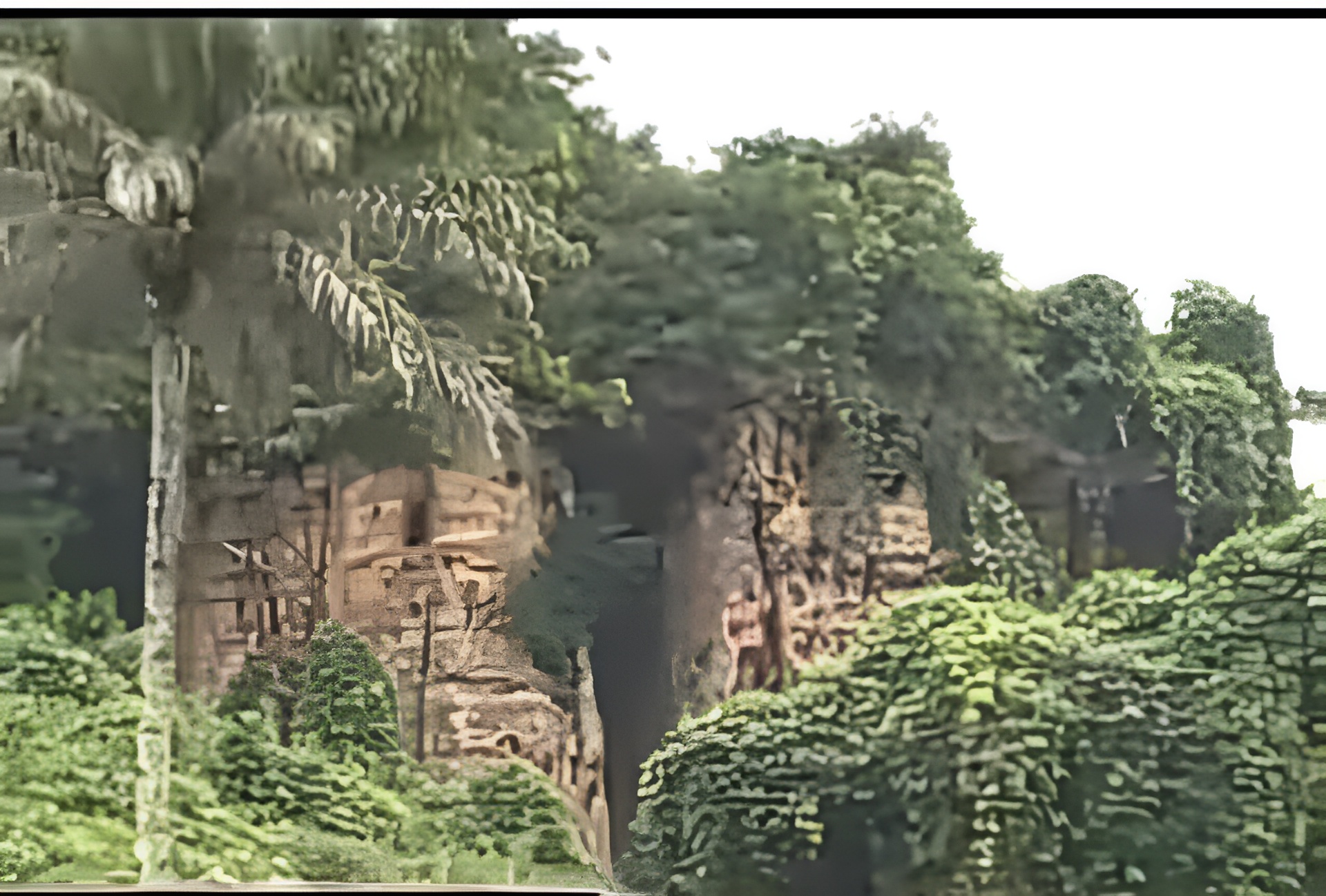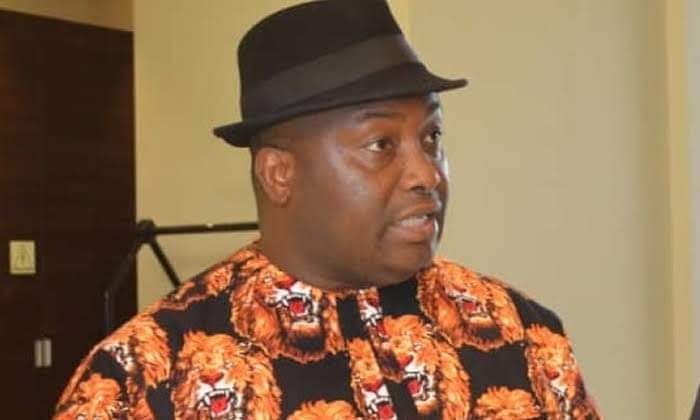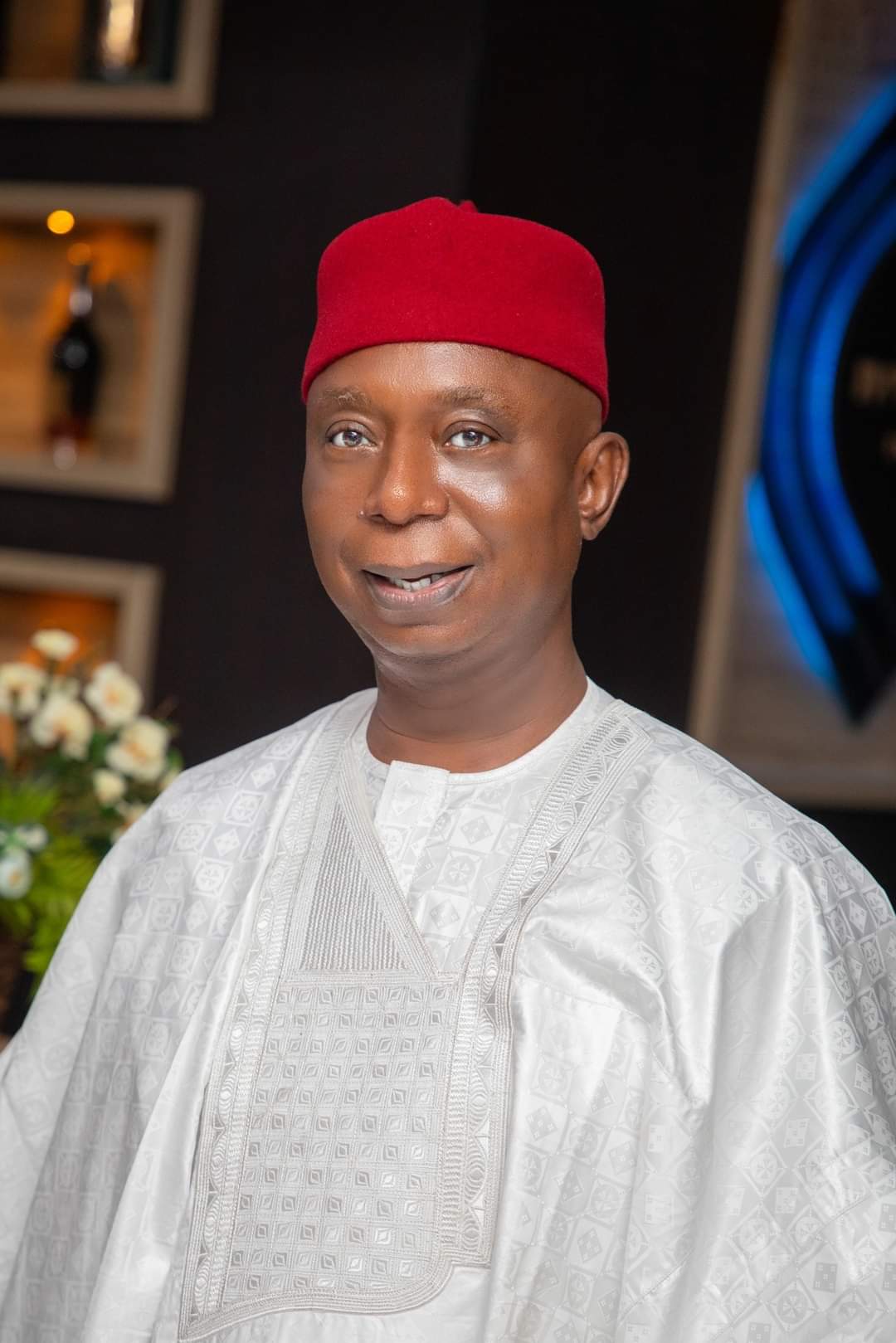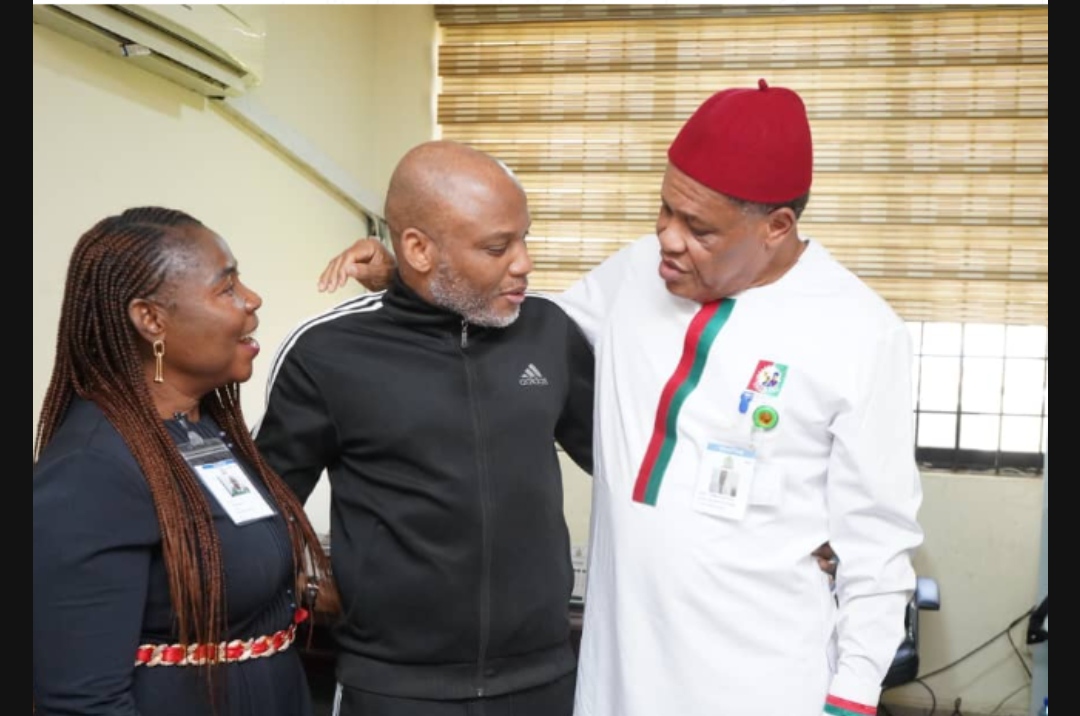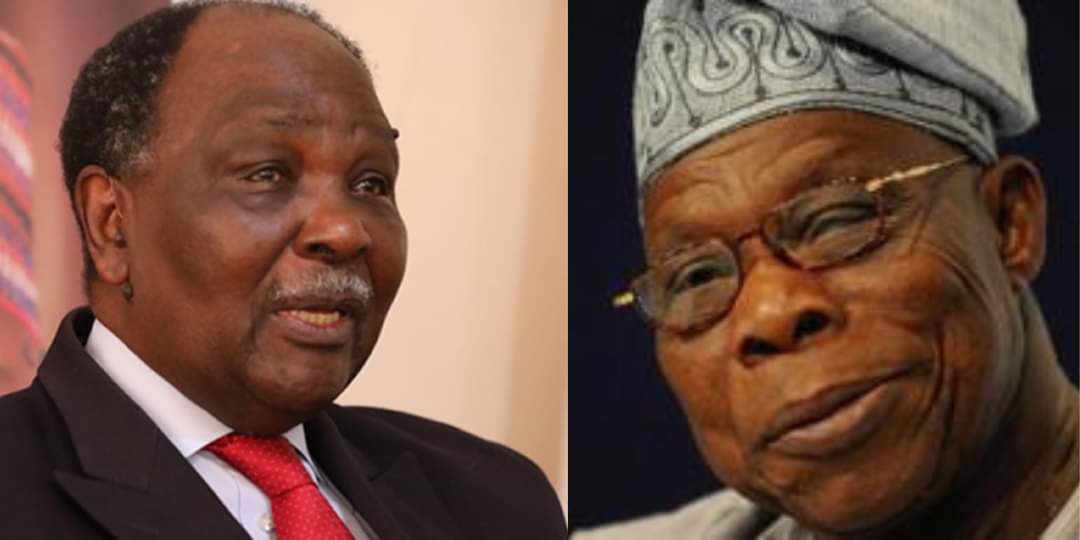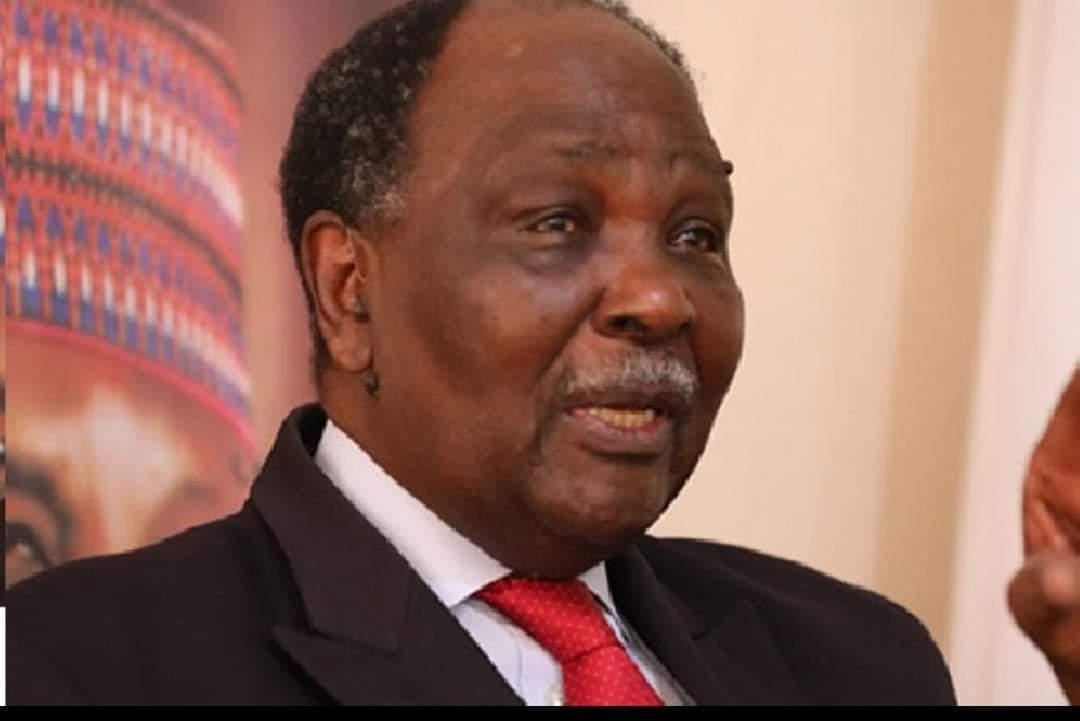The Igbo people, often regarded as one of Africa’s most ancient civilizations, possess a history that challenges conventional narratives about humanity’s origins.
In the book “Prehistoric Origins of the Igbo – The Never-Been-Ruled,” the author delves into the profound and largely untold story of the Igbo, tracing their roots to a time before recorded history.
This exploration uncovers the Igbo as the “people of light” and the revered “Sons of God,” whose influence extended across ancient Africa and beyond. Through a blend of linguistic, archaeological, and historical research, this work invites readers to reconsider the Igbo’s role in shaping early human civilization and calls for a renewed recognition of their enduring legacy.
Introduction:
In exploring the origins of humanity, one intriguing note from the Bible stands out: Cain’s wife came from the city of Nod, located east of Eden. This raises a fascinating question—were Adam and Eve truly the first and only inhabitants of the world? The Bible mentions only the land of Nod where Cain met his wife and was exiled after killing his brother, suggesting that other people existed in the world outside of Eden.
Ancient Igbo Civilization:
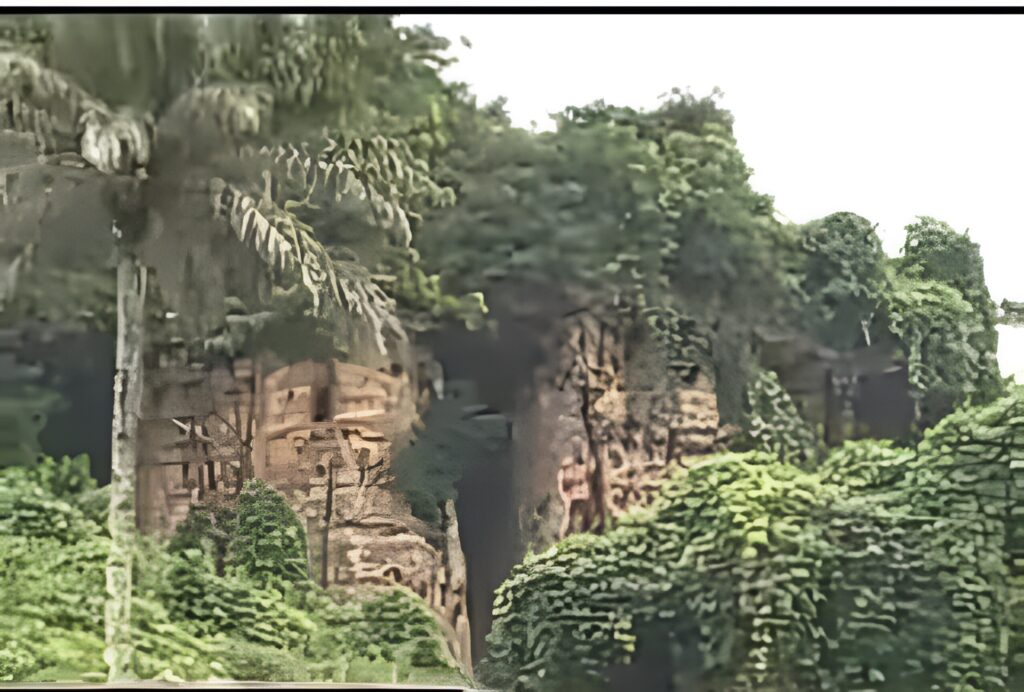
Research indicates that the Igbo people, long before recorded history, were recognized as the “people of light” and “Sons of God” (Opara/Okwara). These ancient Igbo were revered by other human clans and were considered the first kings and god-men known to humanity. Apollo, often pronounced as Okpara, is believed to be a notable example of this. Egyptian Pharaohs even adopted titles derived from “Okpara Ihe” (Son of Light). Historical records from 2000 BC reveal that Pharaohs sent expeditions to West Africa to bring back Eshi (dwarfs), who were esteemed as divine beings and bearers of blessings in Egypt.
The Book and Its Origins:
The book “Prehistoric Origins of the Igbo – The Never-Been-Ruled” was born out of unexpected research. As a scholar of literature and linguistics with a deep interest in African life and culture, I never intended to delve into Igbo history. However, a personal quest that began in 1990 to uncover the contributions of ancient Black Africans to world civilizations led me to startling discoveries.
In 2001, after over a decade of research, I stumbled upon ancient stone inscriptions in Ikom, Cross River State, Nigeria. These inscriptions provided a gateway to the lost civilizations of ancient Nigeria, known in prehistoric maps as Median Biafra. This area was central to the development of Black African culture and the Nok civilization of the Niger-Benue confluence, which later gave rise to the Bantu migrations that shaped 90% of Black Africa.
The Legacy of “Biafra”:
The term “Biafra” has deep historical roots, originally referring to a large part of what is now Nigeria. The word “Bi-afra” is believed to be the origin of the name “Africa,” derived from Afra, the god-man who founded the continent. In Igbo, “Bi-Afra” translates to “The Home Place of Afra,” suggesting that ancient Nigeria was the spiritual and cultural capital of Africa. This aligns with linguistic and ethnographic research that points to the Niger-Benue region as the source of the Bantu migrations.
Reclaiming Igbo History:
The findings in this book aim to restore and reclaim the lost history of the Igbo and their contributions to world civilizations. While much of this history has been buried in the sands of time, traces remain in myths, legends, scriptures, languages, and ancient inscriptions, such as those found in Ikom and Igbo Ukwu. The evidence suggests that the Igbo language, still spoken in southeastern Nigeria today, was once a global lingua franca, spoken by a people who played a central role in shaping world civilizations.
Call for an Igbo Renaissance:
As the world and the Igbo nation celebrate the 50th anniversary of Chinua Achebe’s “Things Fall Apart,” a seminal work that eloquently captures the indigenous African identity, this book is presented as part of a much-needed healing and restoration process for the Igbo. The breaking of the Igbo soul-center, symbolized by the breaking of the kola nut, was never meant to lead to the dissolution of communal bonds. Rather, it should be understood as a process of growth and regeneration, a division of the cells of the god-man’s body, each carrying the potential to flourish and enrich the souls of peoples and nations worldwide.
The Legacy of Igbo Identity:
The question of Igbo identity has always intrigued scholars and the African Diaspora. Evidence from the Eze Nri palace in Anambra State suggests that the Oba kings of Benin originally received their authority from the Eze Nri, and that the title “Oba” was reserved for the highest chieftains of the Igbo. Oral traditions and historical records further imply that the Igbo’s roots trace back to the earliest ancestors of humanity, possibly even among the gods themselves.
This book challenges the world to reexamine the ancient origins of the Igbo, their place in global history, and the need for a renaissance that honors their profound legacy.
